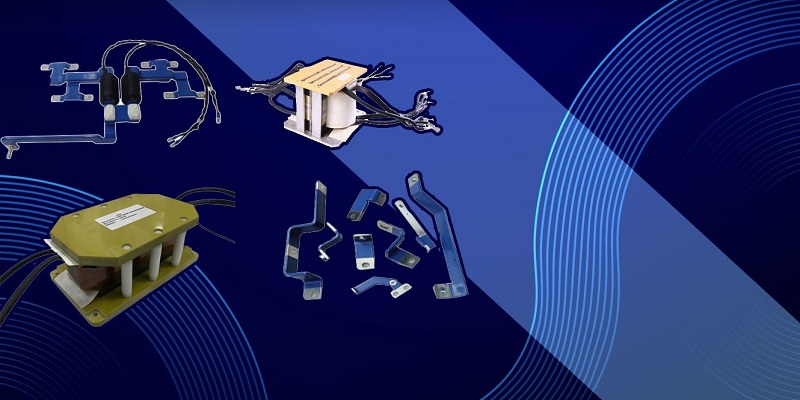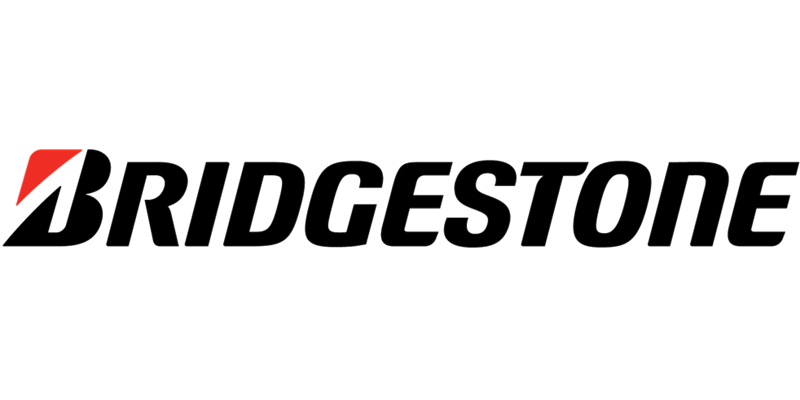Schedule a Call Back
Sluggish growth in automation market; machine-integrated robots gain momentum
 Articles
Articles- Aug 13,24
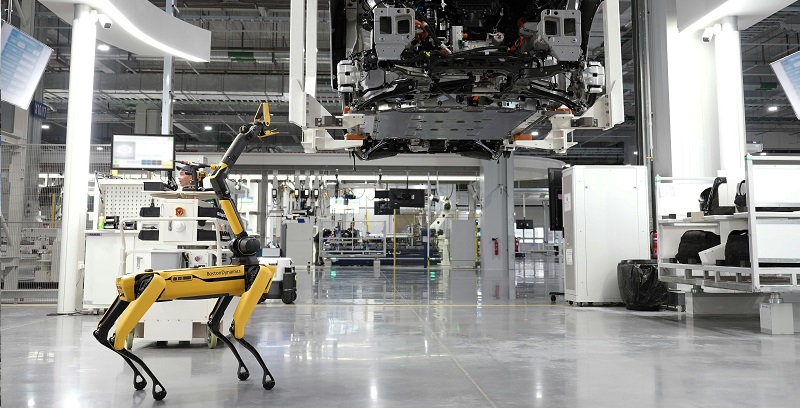
Related Stories

Emerson releases architectural magazine- Boundless Automation™
Industries including power, water, energy, refining and mining need greater operational flexibility, agility and better decision-making to further reduce downtime and carbon footprint, increase safe..
Read more
Configure rotary systems from igus
With this tool, engineers can quickly and easily configure and order a customised rotating energy supply system. They also save money.
Read more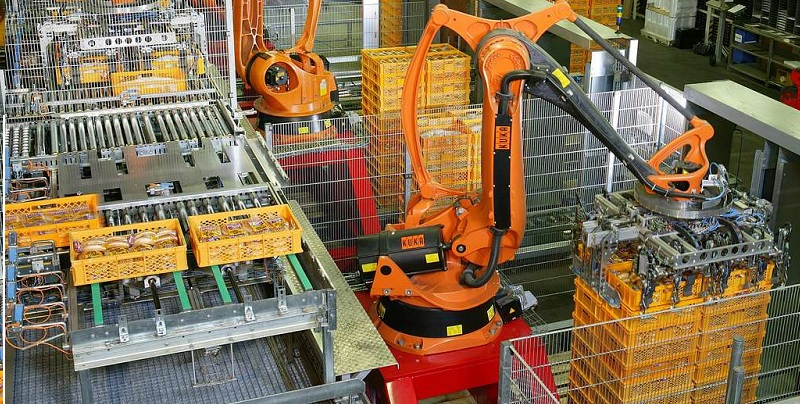
Emerson proposes $15 billion buyout to acquire remaining AspenTech stake
Under the new proposal, Emerson would pay $240 per share in cash, amounting to around $6.53 billion for the stake it does not own.
Read moreRelated Products

Automation Studio Copilot
B&R Industrial Automation offers a wide range of automation studio copilot.
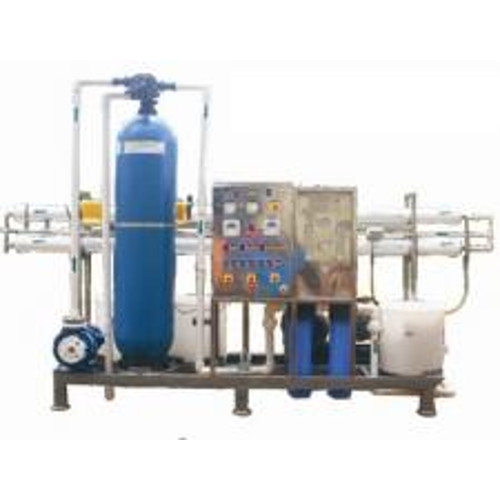
Industrial Desalination System
Shakunth Aqua Products offers a wide range of industrial desalination system. Read more
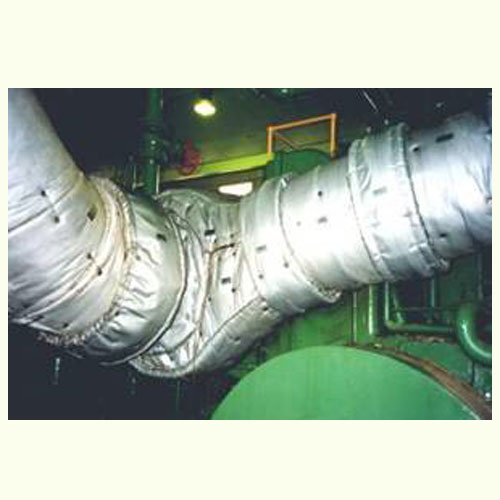
Industrial Castors & Wheels
H M Gulamali offers a wide range of castors and wheels manufactured by Blickle, Germany. Read more




